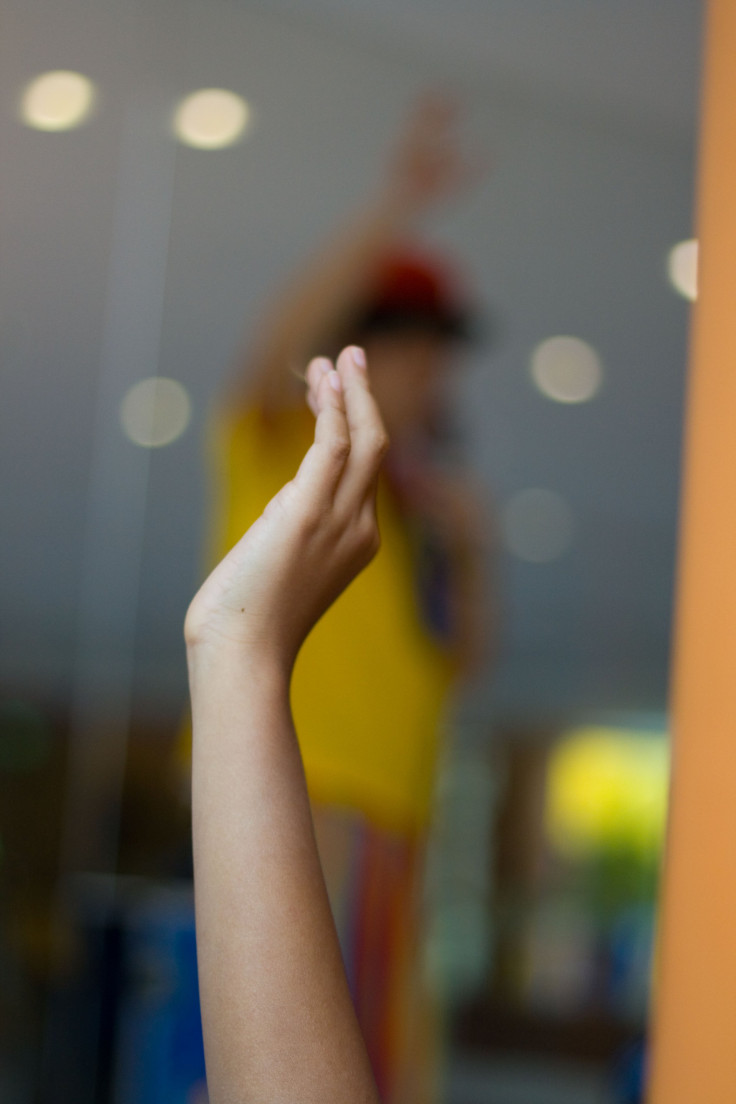Facebook Gives First-Generation College Students the Confidence to Apply and Succeed

High school seniors who will be first-generation college students may have little insight into the college application process, but Facebook offers a reprieve, as it's been shown to give these students confidence not only in their abilities to apply for schools, but also in their abilities to excel once they've started, according to a new study.
"We are very excited by these findings, because they suggest that the kinds of interactions supported by Facebook and other social media can play a role in helping young people, especially those who are traditionally less likely to go to college, feel more confident about their ability to get into college and to succeed there," Nicole Ellison, associate professor at the U-M School of Information, said in a press release.
The researchers surveyed more than 500 high school students in a low-income neighborhood in Michigan, and used statistical models to gauge how various factors were correlated with the students' confidence in applying to college and their success once they were there — these factors included demographics, family history of college attendance, parent's community involvement, and both informational and emotional support by parents, friends, and Facebook connections.
They also asked the students to rate how strongly they agreed or disagreed with statements in an effort to understand how much they knew about the college process. The statements included: "I know how to apply for financial aid" and "I know what I need to include in a college application."
They found that 12 percent of the students had already used social media to collect information about applying to school. The students who had "strongly agreed" that they used social media in this way felt 1.8 times more confident about their understanding of the application process, compared to students who hadn't used social media for information. This correlation only held true for first-generation college students.
Next, the researchers wanted to find out how confident the first-generation college students were in succeeding compared to those whose parents went to college.
To test this, they gave the students a scale in which they rated, from one (strongly disagree) to five (strongly agree), statements such as "I am confident I will fit in socially in college" and "I am confident that I am able to successfully graduate from college." They found that first-generation students had an average score of 2.84 compared to the other students, with 4.01.
But it was the fact that 70 percent of the students who strongly agreed that they had a friend who was either in college or had been to college, that accounted for 2.3 times more confidence in their ability to succeed in school.
"We think social media may demystify the college experience, because kids are able to see how others like them experience the process," Ellison said. "Also, sites like Facebook make it easier to ask questions of one's network."
It could be that there is a correlation between the rise of social media and college enrollment rates. Between 2000 and 2010, enrollment increased 37 percent, from 15.3 million to 21 million, according to the Institute of Education Sciences.
Source: Ellison N, Wohn D, Khan M, et al. The role of social media in shaping first-generation high school students' college aspirations: A social capital lens. Computers & Education. 2013.



























